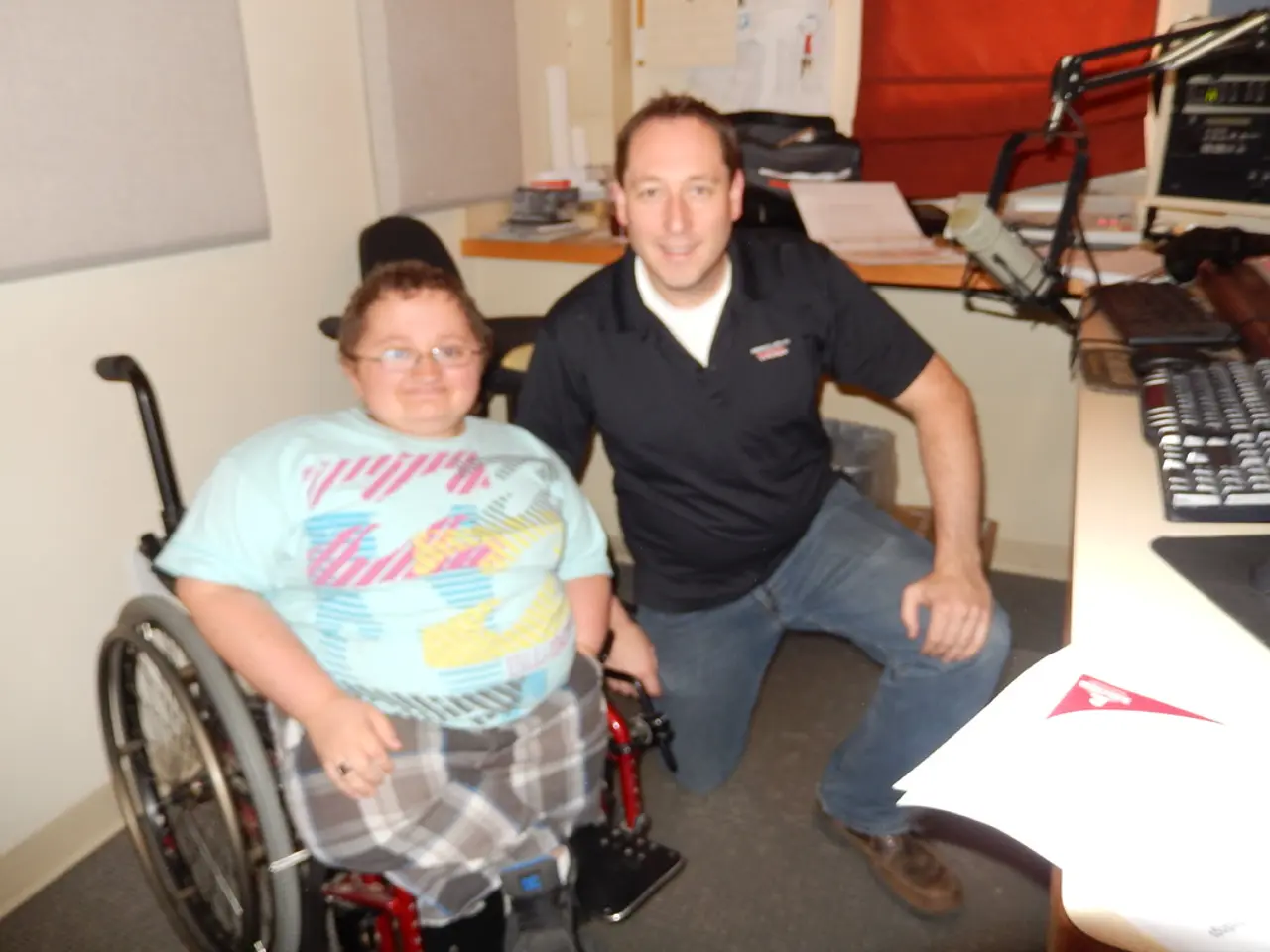Advanced Stage Parkinson's Disease: Signs and Remedies
Parkinson's disease is a progressive brain condition that affects movement, leading to symptoms such as muscle stiffness, tremors, poor coordination, and slowness of movement. As the disease advances, individuals may require additional support to maintain their quality of life and independence.
In the advanced stages of Parkinson's disease, symptoms can become severe, leading to disability and the loss of the ability to live alone without help. To create a safer home environment, several home modifications are recommended. These modifications focus on improving safety and mobility, thereby reducing the risk of falls and enhancing independence.
Key home modifications include installing grab bars near toilets, showers, and corridors to aid transfers and stability. Improving lighting, especially in hallways and bathrooms, is crucial to prevent falls during nighttime movements. Removing trip hazards such as throw rugs and clutter, using non-slip mats in bathrooms and on walkways, raising toilet seats and using commodes, and incorporating assistive devices tailored to individual needs are also essential modifications. Regular home safety evaluations and adaptations should be considered as the disease progresses.
For individuals with advanced Parkinson's disease, personalized support, education, and emotional encouragement are vital. Caregiver resources focus on providing trained in-home caregivers who assist with daily living activities, ensuring safe mobility and facilitating exercise routines to maintain strength and balance. Education and training for caregivers and family members on safe transfer techniques, symptom management, and recognizing warning signs are also essential.
Emotional support and motivation are crucial for maintaining patient engagement in therapy and daily routines. Integration of technology and adaptive equipment can help seniors select and adjust devices to maximize independence. Medication reminders and assistance, nutritional support, and emotional stress reduction strategies are also part of comprehensive care plans.
In some cases, advanced treatments like closed-loop deep brain stimulation (DBS) may be an option for people who do not respond well to medication. Caregivers can help manage these treatments in coordination with home caregivers to optimize symptom control.
Caregivers can guide patients in performing therapeutic exercises at home, such as cued gait training, balance drills, strength training, and core strengthening, to reduce freezing of gait and fall risk.
Preparing for the advanced stages of Parkinson's disease includes familiarizing oneself with possible symptoms and having a plan in place for all contingencies. The Department of Veterans Affairs offers advice for caregivers, including self-care, accessing help, and seeking emotional support. Joining a support group, such as Smart Patients, can provide emotional support for caregivers.
For those in need of a home health aide, the American Parkinson's Disease Association helpline can help find an agency in one's area. In the most debilitating stage of Parkinson's disease, moving to a facility may become necessary.
The cause of Parkinson's disease is the death or damage of nerve cells in the brain that produce dopamine, leading to decreased dopamine production and movement problems. Medications such as levodopa, dopamine agonists, amantadine, enzyme inhibitors, and anticholinergic medications may be used in the treatment of Parkinson's disease. Sinemet, a brand name for a combination of levodopa and carbidopa, is commonly used.
Palliative care teams, including physiotherapists, occupational therapists, speech and language therapists, and dietitians or nutritionists, may be involved in the treatment of advanced Parkinson's disease. Palliative care is about improving the quality of life for people with advanced Parkinson's disease and may involve choosing treatment options, choosing where care will happen, advice for caregivers, and addressing physical problems.
In conclusion, a combination of home modifications and caregiver resources can significantly improve the quality of life for individuals with advanced Parkinson's disease. By creating a safer home environment, maintaining functional ability, and providing personalized support, it is possible to support individuals with Parkinson's disease and help them live as independently as possible.
- In the most advanced stages of Parkinson's disease, personalized caregiver support becomes vital to maintain the individual's quality of life and independence, as they may become unable to live alone due to severe symptoms.
- Home modifications, such as installing grab bars and improving lighting, removing trip hazards, and using assistive devices, can create a safer living environment for individuals with advanced Parkinson's disease.
- Caregivers can facilitate exercise routines, medication reminders, and emotional support to help individuals with Parkinson's disease maintain engagement in therapy and daily routines.
- Palliative care teams, including therapists and dietitians, focused on improving the quality of life for people with advanced Parkinson's disease, can provide important treatment options, care guidance, and advice for caregivers.




